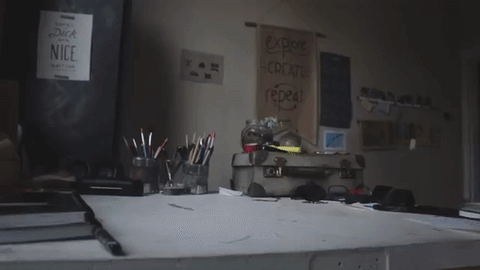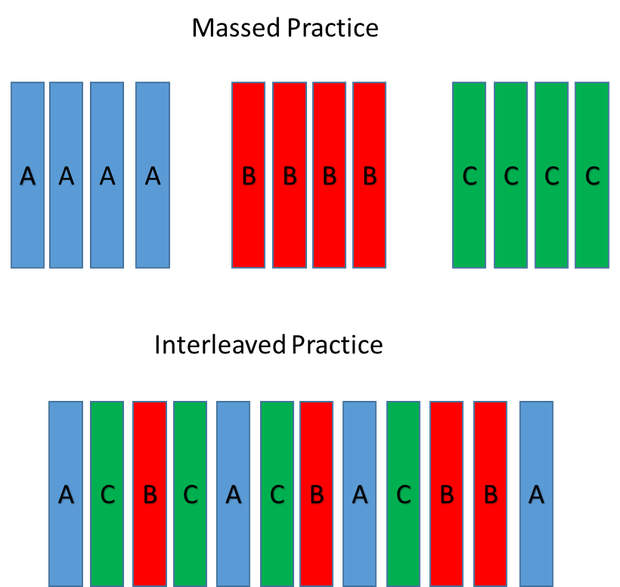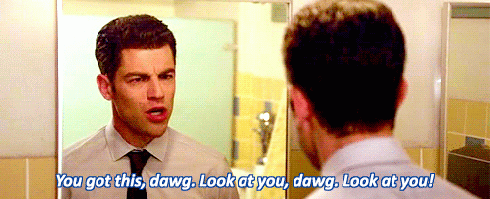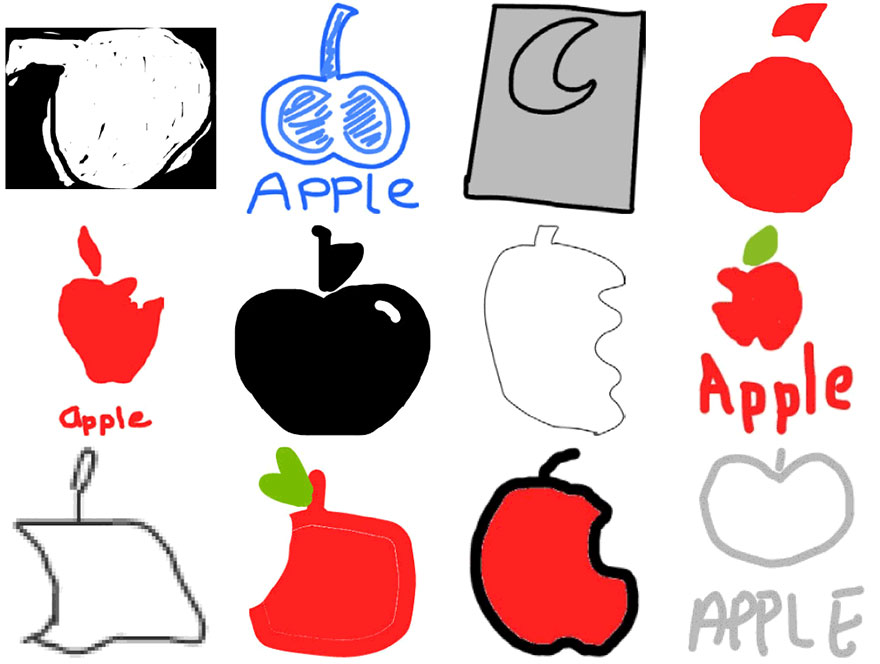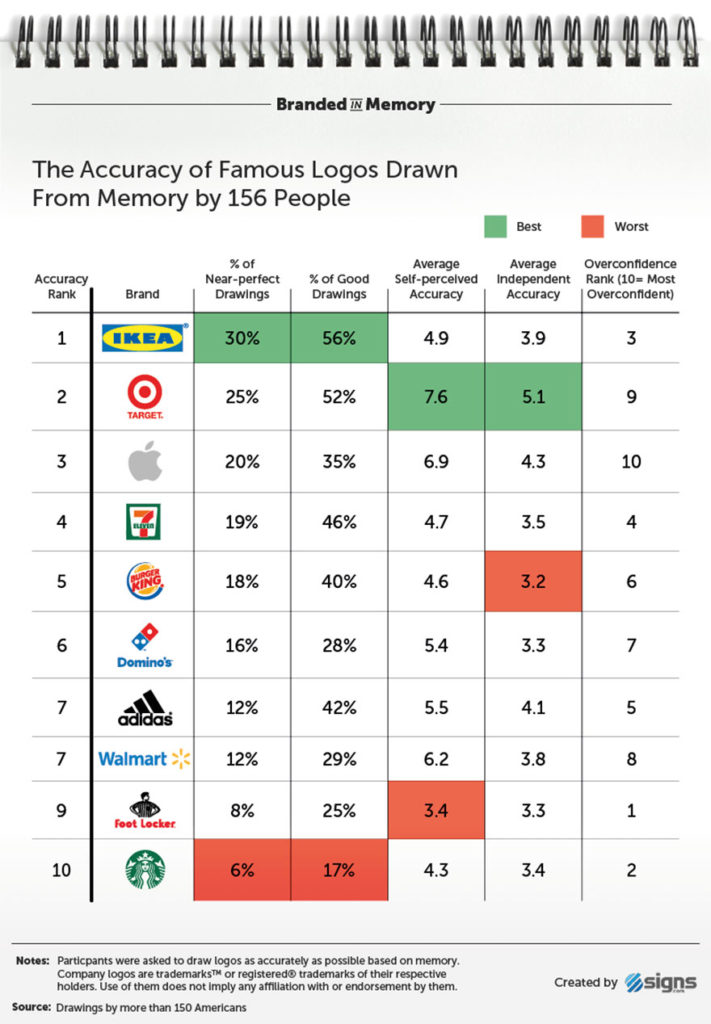Optimize Your Repetitions to Accelerate Your Language Learning (Part 2)

It’s time for part two of my miniseries on optimizing your learning! If you haven’t read the first part – click here. This time I will show you how to optimize your repetitions.
People like to see effective language learning, or any learning for that matter, as something mysterious. The opposite is true. There are just a couple of essential principles which you should follow if you want to become a quick learner.
Don’t get me wrong – effective learning gets more complicated; the faster you want to learn. And the more long-lasting memories you want to create.
Still, these principles can be applied by anyone, regardless of his sex, or age because the very little known truth is that we all learn, more or less, the same.
Forget about learning styles – they do not exist. I know. It sounds shocking. And it is probably even more surprising than you can imagine – one study showed that 93% of British teachers believe it to be exact!
But you and I, my friend, are not glittery and special snow-flakes. There are rules. And they are not to be treated lightly.
Let’s dig in.
How To Maximize Effectiveness Of Your Learning
Below you can find my list of the essential rules affecting your language learning progress. It’s far from being complete.
There are other rules and limitations, but the ones below are one of the easiest ones to implement.
To maximize your learning, you should make sure that:
1) Focus on active learning
If you only concentrate on reading and listening, you won’t get far. Your brain is terrible at memorizing things that you encounter occasionally.
Why?
I will get to this in a moment. But first, let’s start with basics – the process of memorizing can be depicted in the following three steps.
1) Encoding – involves initial processing of information which leads to the construction of its mental representation in memory
2) Storage – is the retention of encoded information in the short-term or long-term memory
3) Recall – is the retrieval of stored information from memory
As you can see, the first step in this process is encoding. I can’t stress this enough – if you don’t encode the information you learn, probably you won’t retain it. You should always, ALWAYS, do your best to manipulate the data you try to learn.
Let’s try to prove it quickly.
If I told you right now to draw the image of your watch, would you be able to do it? Would you be able to reproduce the exact look of the building you work in? Of course not, even though you come into contact with these things multiple times per day.
You do not try to encode such information in any way! If the human brain were capable of doing it, we would all go crazy. It would mean that we would memorize almost every piece of information which we encounter.
But this is far from the truth. Our brain is very selective. It absorbs mostly the information that:
a) Occurs frequently in different contexts
b) We process (encode) –in the domain of language learning, the simplest form of processing a given piece of information is creating a sentence with it
c) Is used actively
2) Optimize Your Repetitions
One of the best ways to optimize your repetitions is by using SRS programs. But what is Spaced Repetition?
Spaced repetition is a learning technique that incorporates increasing intervals of time between subsequent review of previously learned material in order to exploit the psychological spacing effect.
Alternative names include spaced rehearsal, expanding rehearsal, graduated intervals, repetition spacing, repetition scheduling, spaced retrieval, and expanded retrieval.
The science behind SSR
How does the program know when to review given words?
Most of such programs base (more or less) their algorithms on Ebbinghaus forgetting curve (side note: it has been replicated many times in the last 50 years)
The curve presents the decline of memory retention in time, or if you look at it from a different perspective, it demonstrates the critical moments when the repetition of the given information should occur.
In theory, it takes about five optimized repetitions to transfer a word into long-term memory. But come on! Learning would be damn easy if this rule would be true for most of the people!
There are a lot of other variables which come into play:
- the difficulty of the learned material
- understanding of the material
- how meaningful it is
- representation of the material
- physiological factors: stress and sleep (among others)
- the size of the material
- processing of the material
And many others. Still, SRS programs give you the unparalleled upper hand in language learning!
3) Constantly step out of your comfort zone.
Why use the words which you already know, when you can use dozens of synonyms? You should always try to find gaps in your knowledge.
Of course, using SRS programs like ANKI is not to everyone’s liking. I get it. But let’s look at the list of alternatives, shall we?
What Happens If You Don’t Optimize Your Repetitions with SRS
Every learner has to face the following problems to learn new words (effectively).
- What process do you go through to learn a new word?
- Do you write it down? Where?
- How do you revise it later?
- How long does it take you to learn it?
- How many times do you have to see it before you know it?
- And how do you know when you really have learned it?
These aren’t some petty, meaningless decisions. These are the decisions that will heavily influence your progress curve.
Here’s an idea that a lot of people have: when you learn a new word, you write it down in a notebook. Then, every few days, you open the notebook and review all the words that you have learned so far.
It works well at first — you no longer forget everything you learn. But very soon it becomes a nightmare.
After you exceed about 1000 words, reviewing your vocabulary starts taking more and more time. And how do you know EXACTLY which words you should review or pay more attention to?
Usually, after no more than a few months, you throw your notebook into the darkest corner of your room and try to swallow the bitter taste of defeat.
Reviewing Algorithm Is the Foundation of Learning
It has to be said aloud and with confidence: you will never be as effective as programs in executing algorithms. And choosing when to review a word is nothing more than that – an algorithm.
Many oppose this idea of using SRS programs. And it is indeed mind-boggling why. At least for me. The results speak for themselves.
Currently, I am teaching over 30 people – from students, top-level managers to academics. And one of many regularities I have observed is this: Students of mine who use SRS programs regularly beat students who don’t.
How big is the difference?
One student of mine, Mathew, quite a recent graduate of Medicine faculty, passed a B2 German exam in just five months. He started from scratch and only knew one language before our cooperation.
At the same time, a Ph.D. from the local university barely moved one level up the language learning ladder. The only difference between them is that Mathew was very consistent with using ANKI (and other strategies).
Really. That’s it.
And it is not that surprising. The technology has been topping the most celebrated human minds for years now. Different AI programs have beaten top players at games like: chess, scrabble and quite recently Go.
Last year, deep learning machines beat humans in the IQ Test. It might seem scary. But only if we treat such a phenomenon as a threat. But why not use the computational powers of a computer to our advantage?
It would be ridiculous to wrestle with Terminator. It’s just as absurd trying to beat computers at optimizing repetitions.
But should everyone use such programs?
Should You Use SRS programs?
I know that you can still be unsure whether or not you should be using SRS programs. That’s why I have decided to create a list of profiles to help you identify your language learning needs:
1) I am learning only one language
If you are learning only one language, it’s reasonable to assume that you can surround yourself with it. In this case, using ANKI is not that necessary.
However, things change quite a bit if you are learning your first language, and you have NO previous experience with language learning.
In that case, better save yourself a lot of frustration and download ANKI.
2) I am a translator/interpreter (or pursue any language-related profession)
My imagination certainly has its limits since I can’t imagine a representative of any language-related profession that shouldn’t use SRS programs. The risk of letting even one word slip your mind is too high.
Just the material I have covered during my postgraduates studies in legal translation and interpreting amounts to more than 5000 specialized words.
If I wanted to rely on surrounding myself with languages to master them, I would go batshit crazy a long time ago. Who reads legal documents for fun?!
Even if you are not a translator/interpreter yet, but would like to become one in the future, do yourself a favor and download ANKI.
3) I learn 2 or more languages
Then I would strongly suggest using ANKI, especially if you would like to become fully fluent in them.
The math is quite easy. Getting to C1 level in 2 languages requires you to know about 20 thousand words. Of course, you should know at least 50-60% of them actively. This number might sound quite abstract, or maybe not that impressive, so let me put it in another way.
Knowing about 10 thousand words in a foreign language is equivalent to having an additional master’s degree. And you know damn well how much time it takes to accumulate this kind of knowledge! It is not time-efficient to acquire this knowledge without trying to optimize your repetitions.
Of course, you can find an exception to every rule. It is not that mentally taxing to imagine a situation where somebody uses one language at work and then another foreign language once they leave the office. Then maybe, just maybe, you can do without SRS programs.
Why You Should Optimize Your Repetitions – Summary
Read more: Here Is Why Most Spaced Repetition Apps Don’t Work For You and How to Fix It.
What do you think about SRS programs? Have you ever used any? Let me know, your opinion is important to me!
Done reading? Time to learn!
Reading articles online is a great way to expand your knowledge. However, the sad thing is that after barely 1 day, we tend to forget most of the things we have read.
I am on the mission to change it. I have created over 16 flashcards that you can download to truly learn information from this article. It’s enough to download ANKI, and you’re good to go.



